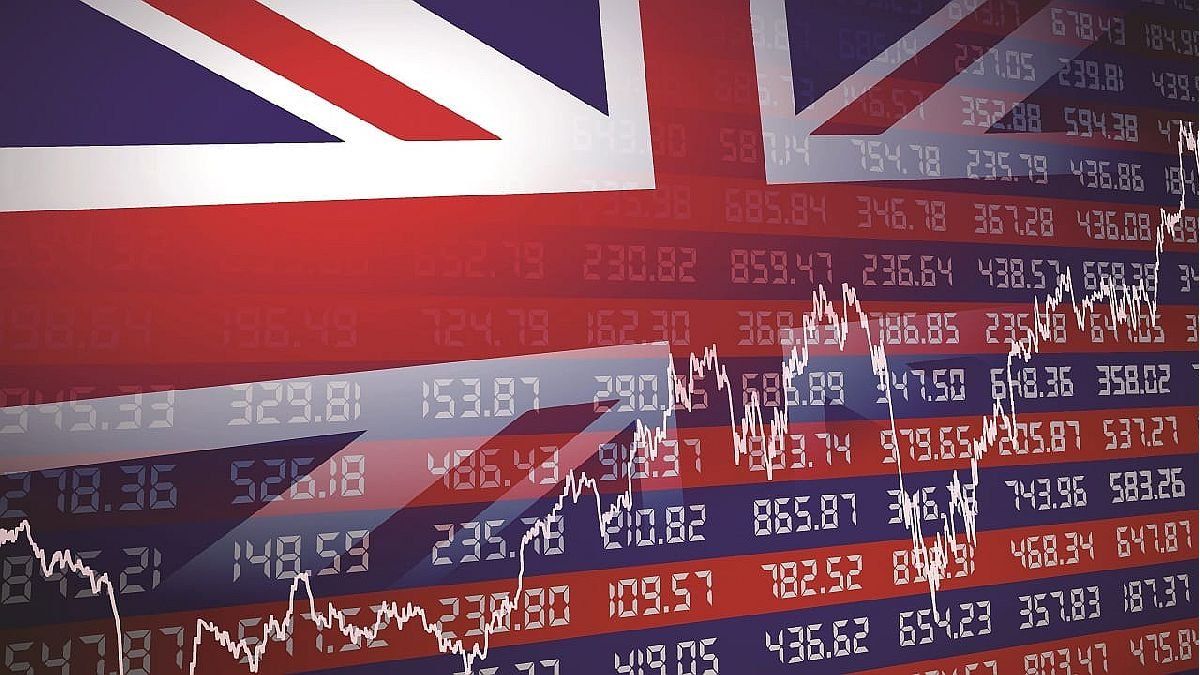He Consumer Price Index (CPI) of United Kingdom It stood at 2.3% in April, falling from the 3.2% registered in March and thus marking its lowest level in almost three years. specifically since July 2021. Despite this, inflation has been slightly above consensus forecasts, which predicted a moderation to 2.1%.
Despite the good performance of prices, the truth is that the fact that they have fallen less than expected has fueled the doubts about the moment when the Bank of England (BoE) will begin to cut the interest rates.
As detailed by the Office for National Statistics (ONS) this Wednesday, the drop in inflation has occurred following a “record drop” in energy bills last month.
“The fall in gas and electricity prices represented the greatest downward contribution to the CPI variation, both monthly and annual, while the greatest upward contribution came from automotive fuels, whose prices rose this year but they went down a year ago,” he detailed.
On a monthly basis, the CPI increased 0.3% in April, compared to the 1.2% increase recorded in the same month of 2023.
As for the Core IPC (which excludes energy, food, alcohol and tobacco), increased by 3.9%, compared to 4.2% in March, also above consensus projections, which pointed to 3.6% . The ONS has also highlighted that the annual rate of the CPI for goods slowed from 0.8% to -0.8%, while the annual rate of the CPI for services decreased slightly, from 6.0% to 5.9%.
After knowing these figures, the British Prime Minister Rishi Sunakhas said that “Today is an important moment for the economy” because inflation has “returned to normal.” “It is proof that the plan is working and that the difficult decisions we have made are bearing fruit,” he stated.
He added that “better days are ahead, but only if we stick to the plan to improve economic security and opportunity for all.”
Source: Ambito




